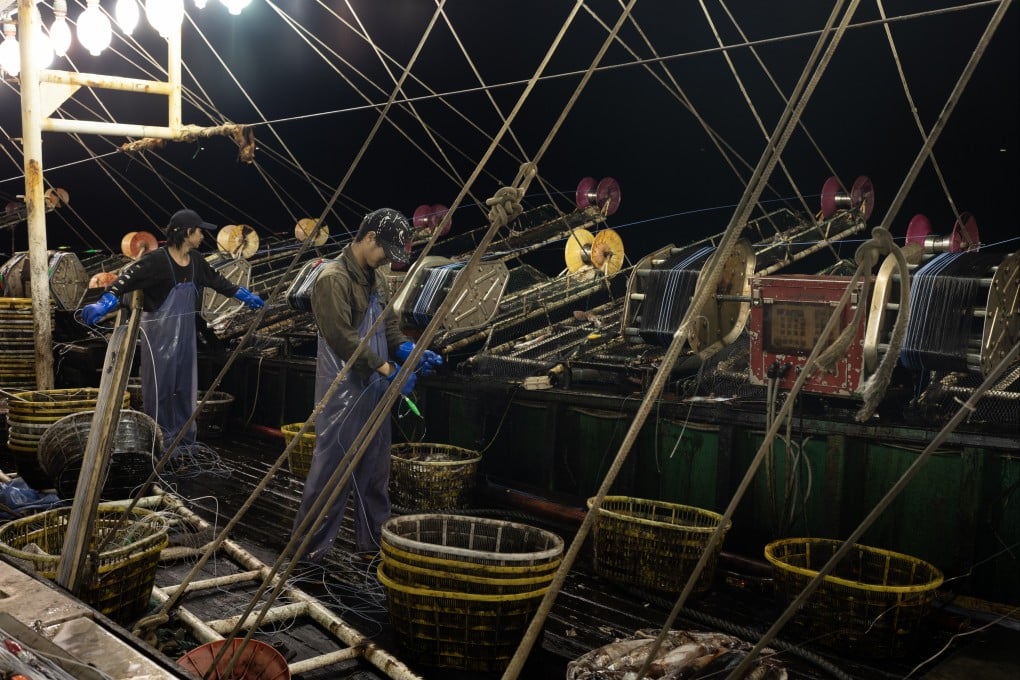The dark side of China’s rise as a seafood superpower: human rights abuses and death on the high seas
- China has the world’s biggest distant-water fishing fleet. Its deckhands, many non-Chinese, are subject to exploitation, some dying of violence and neglect

In the early morning of March 8, 2021, a small inflatable boat powered by an outboard motor covertly made its way into Uruguay’s biggest port to unload a dying deckhand, and then sped away.
The man, a slight 20-year-old Indonesian named Daniel Aritonang, had been at sea for a year and a half, working on a Chinese squid-fishing ship called the Zhen Fa 7. Now he was dumped dockside, barely conscious, with two black eyes, bruises along the sides of his torso, bloated hands and feet, and rope marks around his neck.
Paramedics put Aritonang in an ambulance and rushed him to a nearby hospital. Interpreter Jesica Reyes was summoned and found Aritonang in the ambulance bay. He told her he had been beaten, choked and deprived of food for days.
As doctors took him to the emergency room, he began to cry and shake. “Please, where are my friends?” he asked Reyes, then whispered, “I’m scared.”

Montevideo, one of the world’s busiest ports, is popular among Chinese squid ships, several hundred of which have, in recent years, been working the rich high-seas fishery that lies off South America’s southeastern coast.
The ships are drawn to Montevideo to refuel, make repairs and restock, in part because alternatives in Brazil, Argentina and the Falkland Islands are either too expensive or closed to them.
